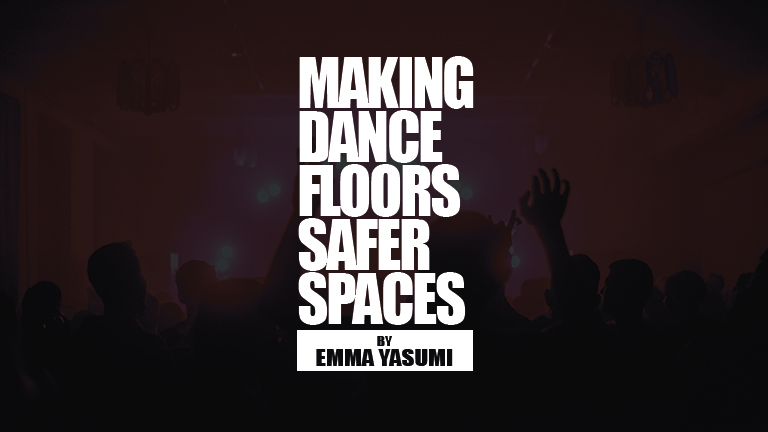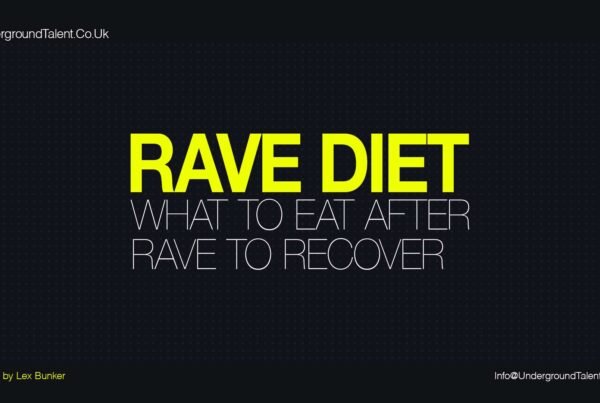The recent fall from grace of a certain 90s big room DJ exposed many ugly truths about our industry and how it treats women. Until very recently, we have not felt safe coming forward with allegations against high profile rapists and abusers, our voices silenced and swept under the rug.
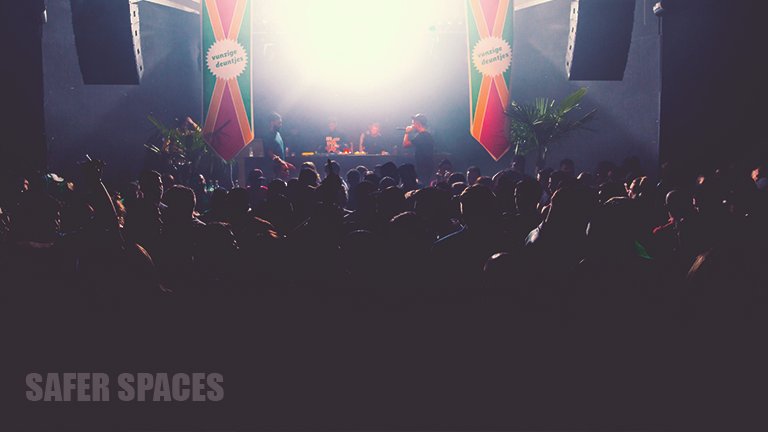
Image by Kenny Timmer
Even today, when evidence is overwhelmingly in the victim’s favour and the accused harbouring a long track record of misconduct against women, there still exist those who dare to challenge her credibility.
The reason there are fewer women than men in nightlife and the rave scene is because it’s simply not safe for us. In most cases we lack the relative physical strength to defend ourselves against a male attacker, and our actions as a community do not always send the message that we are here to protect each other.
As a community, our first step is committing to speaking up and taking action when we see harassment or abuse on the dance floor, even if it makes us unpopular. Our biggest obstacle is our lack of willingness to sacrifice popularity and connections.
I have friends who have been choked, slapped and groped at parties without their abusers suffering any consequences – legal or even social – and that is absolutely unacceptable. I personally have been punched, pushed, grabbed by my hair and thrown on the floor, and it was a group of customers that came to my rescue well before venue staff.
I’ve been groped sexually at parties countless times, and it wasn’t until I started working as a promoter myself that I was actually able to take counteraction against my harassers and use my position to protect other vulnerable individuals.
I would venture to say that as a female, unless you are deeply invested in music or the club scene, it’s simply not worth the gamble to go out and expose one’s self to such risks.
However, even as customers we can act to curtail this behaviour. Hayley Squires, director of the London Promoters Society, addressed the problem of “casual” harassment, the gateway to full on rape and sexual assault.
Read Also: You Wonder How to DJ at A Rave? This Is How…
Having managed a number of venues, she is familiar with the various tactics of abusers. A common strategy is to overstep boundaries in a seemingl accidental or jovial way in order to identify which targets are most vulnerable.
For example, she has seen harassers acting drunk and bumping into women on the dance floor, groping them in the process of catching one’s balance “by accident.”
Performing the same routine over and over, the harasser is able to determine which individuals have the weakest boundaries and focuses attacks on them. When confronted, the perpetrator often resorts to gaslighting, making the victim believe she is being overly sensitive.
Instead, says Squires, “Question the person that invades your personal space, hugs you whilst his hands get too close to your ass, touches you in a weird way…”
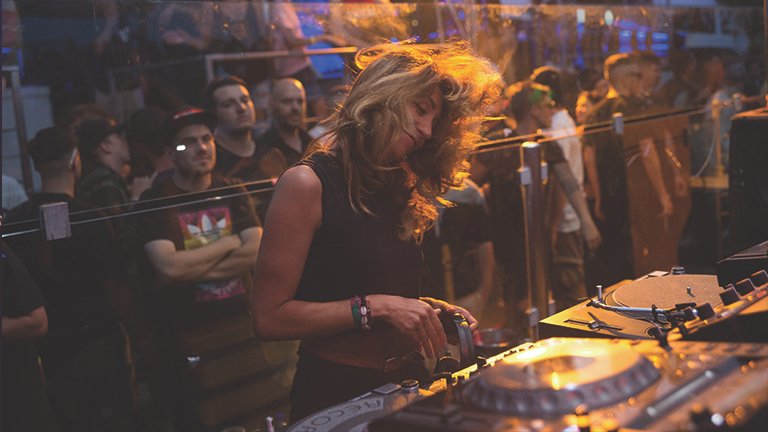
Image by Alfonso Scarpa
By standing up for ourselves and our personal space, we not only send the message that we are not easy prey, but can also discourage the offender from engaging in further predatory behaviour.
“Respect yourself and make sure others respect your personal boundaries; remember that men like this are testing you and getting a kick out of making you feel vulnerable, because in reality they feel powerless with women,” says Squires.
“It’s usually because they have not had a good role model to teach them or have been bullied by women, or perhaps he feels that he can get away with it because of his status. Do not let them. Educate them. Ask them to stand back, give you more space, put your arm out, guide them to a reasonable distance, stand back, walk back. Do not worry about others hearing or seeing you do this. Do not get stuck in the freeze moment. If you feel ‘frozen’ and awkward, that’s a sign to act. That is you going into fight or flight mode. Remember that.”
“Reporting abusers is essential.”
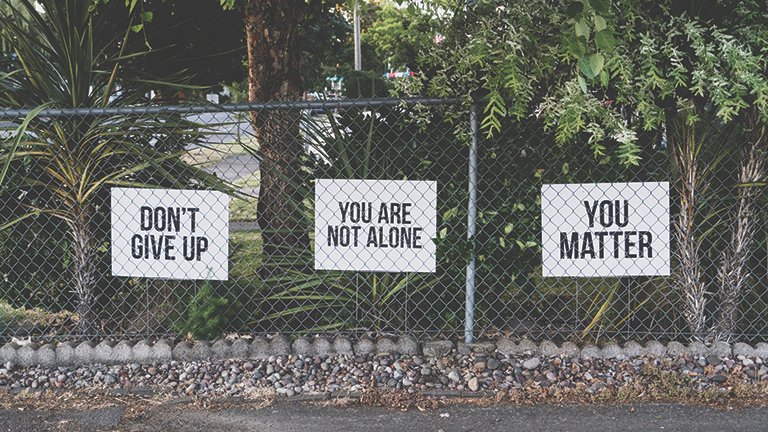
Image by Dan Meyers
“If you witness somebody engaging in predatory behaviour, asking around to see who – if anybody – knows the offender is often enough to place enough attention and pressure to discourage him, if not for good then at least for the rest of the night. Always tell security if somebody sexually assaults you, tell a member of staff, tell the men around you, tell the ladies, have the perpetrator removed.”
Even when we visit legal venues, we cannot blindly assume that security will always be available (or willing) to intervene, and my conversation with Silvana Kill of the Night Time Industries Association (NTIA) shed some light on shortcomings in the screening and training process. In addition to having worked as a door supervisor at multiple venues herself, she is spearheading a program to standardize training and screening for door staff.
In order to obtain a Security Industry Authority (SIA) badge, applicants are required to complete three to four days of training, undergo a background/criminal check, together with disclosing any history of detention under the Mental Health Act.
Upon obtaining a badge, the majority of newly minted guards join a staffing agency; many are recruited on a self-employed basis. As a result, there is no regulatory obligation to further screen candidates.
However, many established security companies implement the same vetting procedures for all their staff, whether self-employed or directly employed.
The burden of additional screening, identifying issues and supporting staff for mental health, falls on the agencies.
“Three days is not enough training to prepare candidates for the various situations they will inevitably encounter on the door,” says Kill.
Read Also: How Much To Charge for a Gig as a DJ?
In order to address the shortcomings in the process, the Night Time Industries Association is working with the industry’s biggest security contractors to create an ongoing and comprehensive program that will address, among other things, conflict management, customer service in security, cultural training, mental health, diversity and inclusion.
A key objective is to standardise and expand on the screening/training process across the sector. Speaking from personal experience Kill recognizes the discrimination within the industry against female door staff but nevertheless encourages more women to take security roles, as women offer a different perspective on conflict resolution with a stronger emphasis on de-escalation, proving to be a valuable asset to any security team.
Many of us attend events where there is no security present at all, and as a community we must self-regulate to maintain standards for unlicensed events. Nearly all established promoters of DIY events agree that the organiser of any for-profit event should be responsible for furnishing basic needs, such as security, free water and ideally a medic.
If you have paid to enter an event and don’t see any of these amenities, it’s a clear indicator the organiser doesn’t care about the safety of those attending. We self-regulate by boycotting events that are irresponsibly organized, that pose a threat to the individuals who attend and the dance music community as a whole.
Read Also: DJ’s Guide to Local Gigging by Emma Yasumi
The government and mainstream media will jump on any opportunity to paint ravers as irresponsible and unlawful, and now in the wake of Covid it is vital we do not give them that chance. In the same way we must be selective about the events that we support, we must be discriminating about the artists we promote.
Now that we are finally seeing high profile abusers receive their comeuppance, we must finish the job by fully stamping out the disturbing trend of discrediting victims.
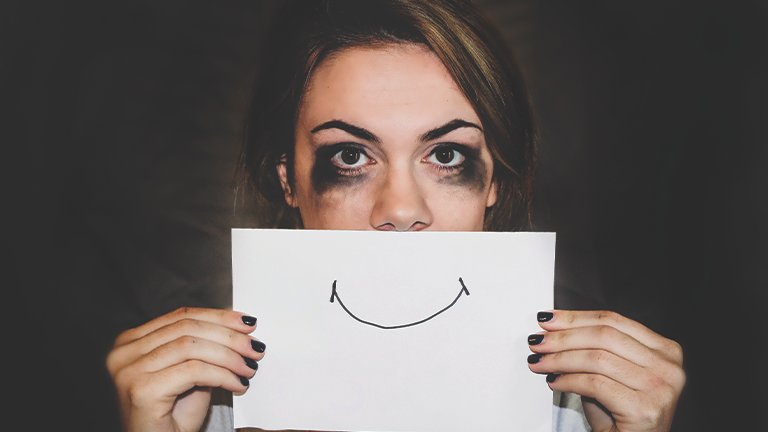
Image by Sydney Sims
Dance music was born out of the disenfranchised experience, and any abusive action against an individual is an act against the community as a whole. As a result of not conducting thorough research, I have booked two DJs that I later found out had abused women, and I deeply regret this.
As promoters and event organisers, we have a duty to conduct due diligence to ensure we promote good energy and intentions only.
Responsibility also falls on venues to ensure they exist to promote music and dancing, not to function as meat markets.
Sadly, many “dance” clubs have very little focus on dancing, with the biggest culprits being luxury and mainstream venues, which use discriminatory door policies to create an atmosphere in which the ultra rich casually spend a bona fide fortune in one night to be surrounded by drunk, beautiful women.
As model turned author Ashley Mears explains in her book Very Important People: Status and Beauty in the Global Party Circuit, “It takes a carefully hidden, intricate economy, based on a complex brokering of beauty and status, to create an atmosphere in which people will spend $100,000 on alcohol in a single night.
This economy’s currency is young women (…) Promoters told me in all seriousness that letting in women who were merely slim rather than thin could really damage a club’s reputation.”
Having grown up in Los Angeles, I am overly familiar with bottle service culture, the type of establishment that won’t admit me unless I don my shortest skirt and highest heels, my outfit signalling to the male patronage that my body is ready for the taking.
US nightlife is dominated by this toxic culture, and it’s for this reason that I moved to the UK, hungry to experience a scene that still values music, dancing and self expression.
Despite the UK’s relative superiority in terms of club culture, high streets across this country are still polluted by establishments thriving on the objectification and subjugation of women.
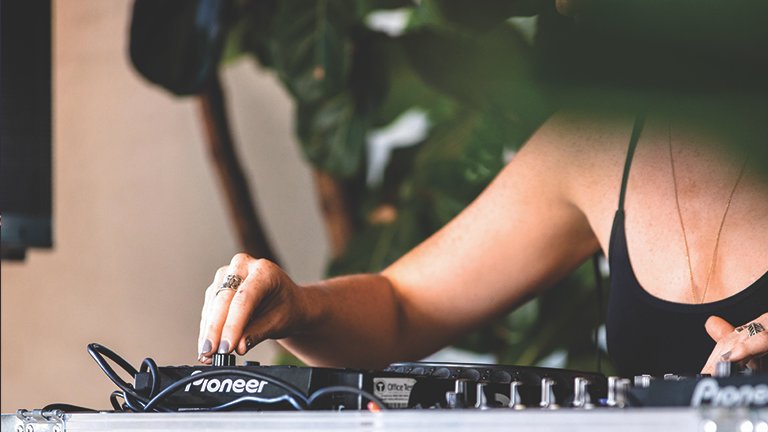
Image by Edward Howell
Annie, a London a raver and student – currently completing her Masters in Architecture by researching rave culture and the political, social and spatial context within which it sits – explains:
“Issues we see on the dance floor are like concentrated reflections of issues that exist in general society. You have discrimination and harassment of all types in offices, restaurants and the street, but certain things about the nightclub make it more apparent.
The nightclub is where people go to leave society behind and feel free, so you’re expecting to be able to express yourself without being harassed or discriminated against. When it does happen, it really messes with your experience, because you go to a nightclub to experience a level of escape… the harassment or discrimination just brings you back to reality.
There are drugs and alcohol involved, and some people use that as an excuse to become a terrible person. Some people have demeaning attitudes towards women or prejudices against anyone who doesn’t fit into their definition of “normal” – trans, queer,
disabled, non-white – and seem to think that a nightclub is the place to express those prejudices. This thinking is completely misjudged, and that terrible person is not welcome anywhere, especially in the club.
Discussing harassment and vulnerability of the dance floor is a very important topic but should also be discussed in context of the wider society within which it sits. The dance floor combines many different and diverse types of people; it’s a ‘social condenser’ as we would call it in architectural terms.
Lots of different cultures, beliefs and opinions collide in a shared space, and where in one person’s social circle it may be deemed acceptable to, for example, grab a girl’s ass because it’s just ‘a joke’, it’s completely unacceptable to do so to somebody they’ve just met in a club.
The best thing would obviously be to teach people not to harass, but that is of course a very long term social ambition. There are a lot of aspects of the UK and London’s nightlife culture that contribute to the cycle – that it’s so mainstream that it attracts literally everyone, the security system, the promoter culture, the licensing system.”
Good Night Out is a campaign created to help nightlife spaces and organisations to better understand, respond to, and prevent sexual harassment and assault, through specialist training, policy support and an accreditation programme.
What’s Up London: 10 Underground Electronic Music Venues
While it’s encouraging that most established venues put their staff through its training program, I am also a bit surprised that such an essential service is not required or fully subsidized by the government.
Even if venues – or the authorities – can fail to protect our community, we can learn a lesson from Club Mafia, a Danish collective who have taken things into their own hands. Their approach focuses on taking an early initiative to educate party-goers on the type of behaviour that is expected at a party and empowering them to take action.
The education begins at the door as a selector from the collective explains the code of behaviour to each guest and is reinforced by consistent and recurring messaging throughout the event.
On the dance floor, stewards with a visible Club Mafia patch are available to help anybody feeling uncomfortable or in distress.
The consistent messaging reminds clubbers of our collective responsibility in creating a good night, and by proactively educating people early on, it’s rare at their events to have to resort to removing a customer.
Even when it’s not physically possible to intervene, don’t underestimate the power of your voice.
Nightlife and rave has always been a male-dominated space, and as of now the accepted practice is still to look the other way. Just the act of calling somebody out or condemning an action can challenge people to shift their mindsets… but if we’re not willing to sacrifice a set, a connection or a fun night out, how will things ever change?
#TogetherWeAreStronger
You can follow Emma Yasumi on:
Have Fun. Be Creative.


